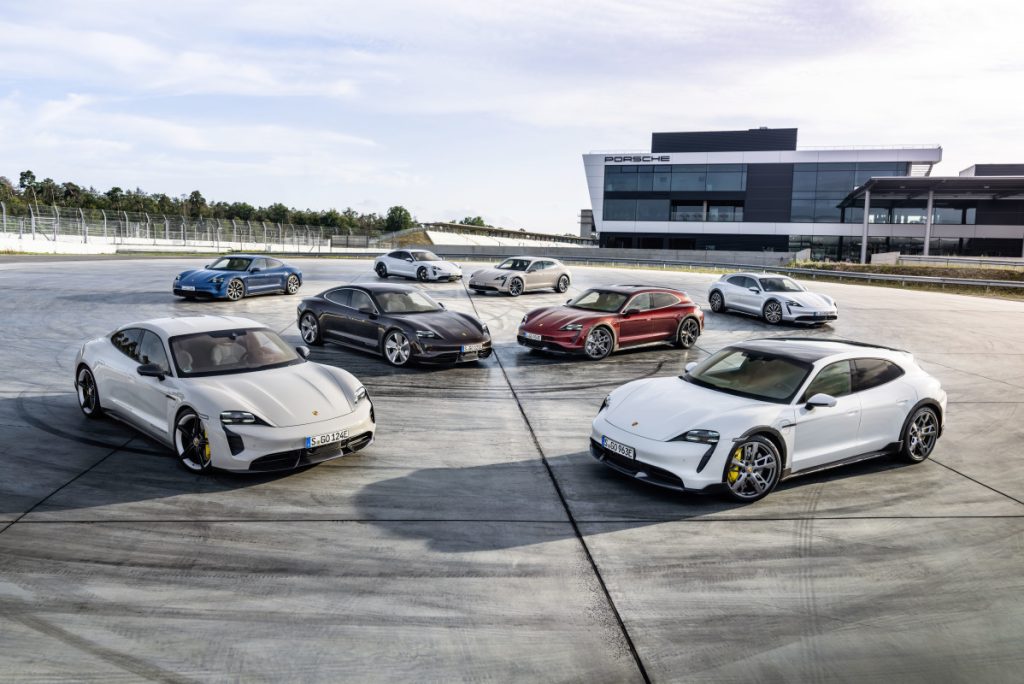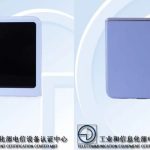After signaling for years that the ultimate goal of the Porsche marque was going to be an all-electric lineup, the company has pulled back in view of marketplace reality. Instead of shooting for an 80% EVs share by 2030, Porsche is accepting that the EV transition is slowing down.
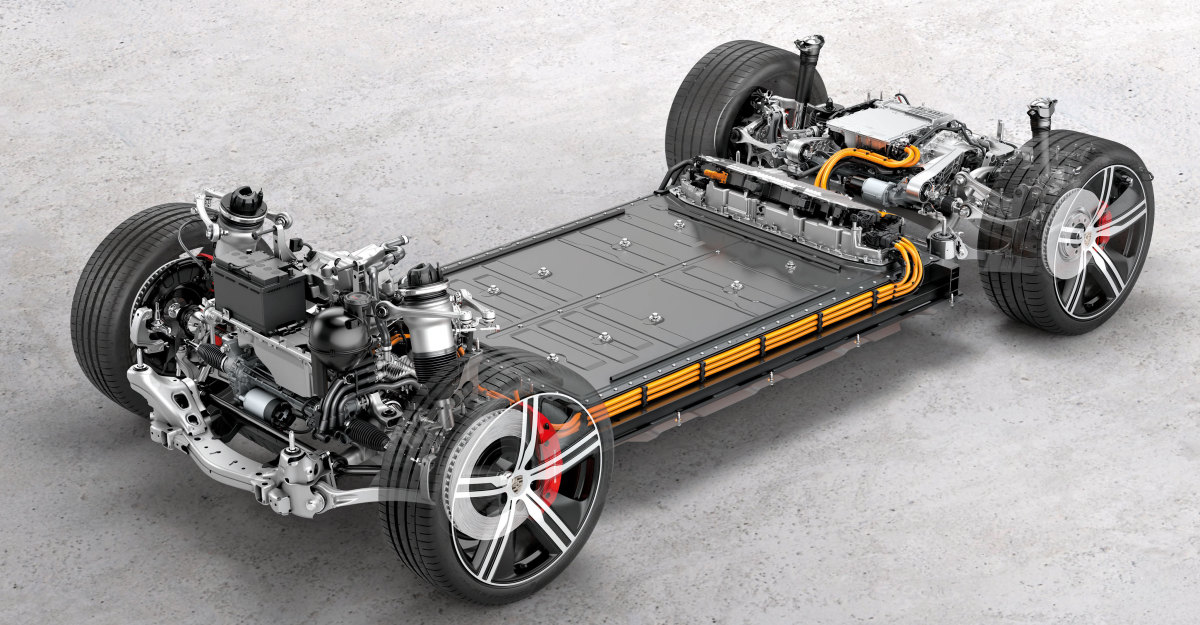
Trouble in China
While everyone in the U.S. have been living with this reality for some time, the real trouble spot for Porsche and their EVs is the Chinese market. With their Taycan EV sales in China dropping by 35% compared to the previous year, it has become clear that as hot as the general EV market may be in China, the high-end luxury segment where the Taycan plays is not responding. To make things worse, overall Porsche sales (combining both ICE and EV) were down 29% as of September.
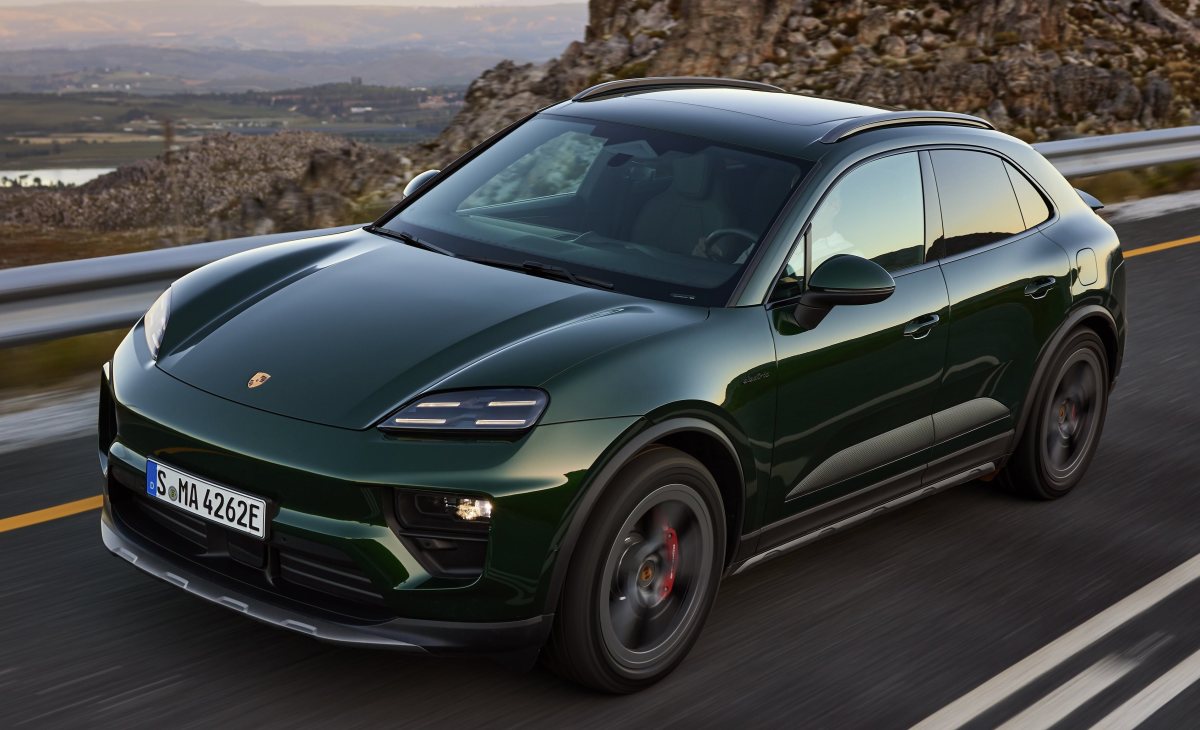
Chinese EVs give customers more for less
This could have something to do with the increasing availability of Chinese EVs that offer most of the style and the performance of the Taycan, but at a greatly reduced price. There is no need for Chinese consumers to pay top European prices for a Taycan when there are home-grown options like the Xiaomi SU7, for instance.
In an attempt to beat Porsche at its own game, Xiaomi recently sent its SU7 Ultra Prototype around the full Nürburgring Nordschleife in 6:46.87, surpassing the admittedly stock Taycan Turbo GT’s best time of 7:07.55 by over 20 seconds. Point made.
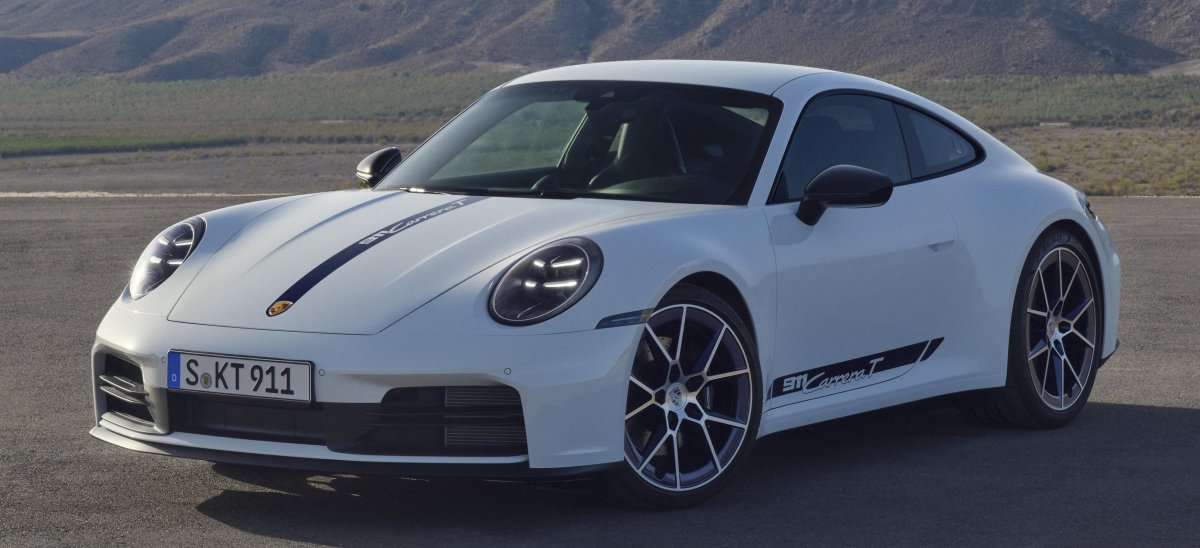
High-end customers want ICE engines in their cars
Porsche has also noted “…a clear trend in the premium luxury segment in the direction of combustion-engine cars.” This reinforces the thoughts behind our recent article titled “Do sports cars lose their souls when they lose their ICE engines?” Numerous exotic car manufacturers have confirmed that they will not be abandoning ICE even if their product lines add some EVs.
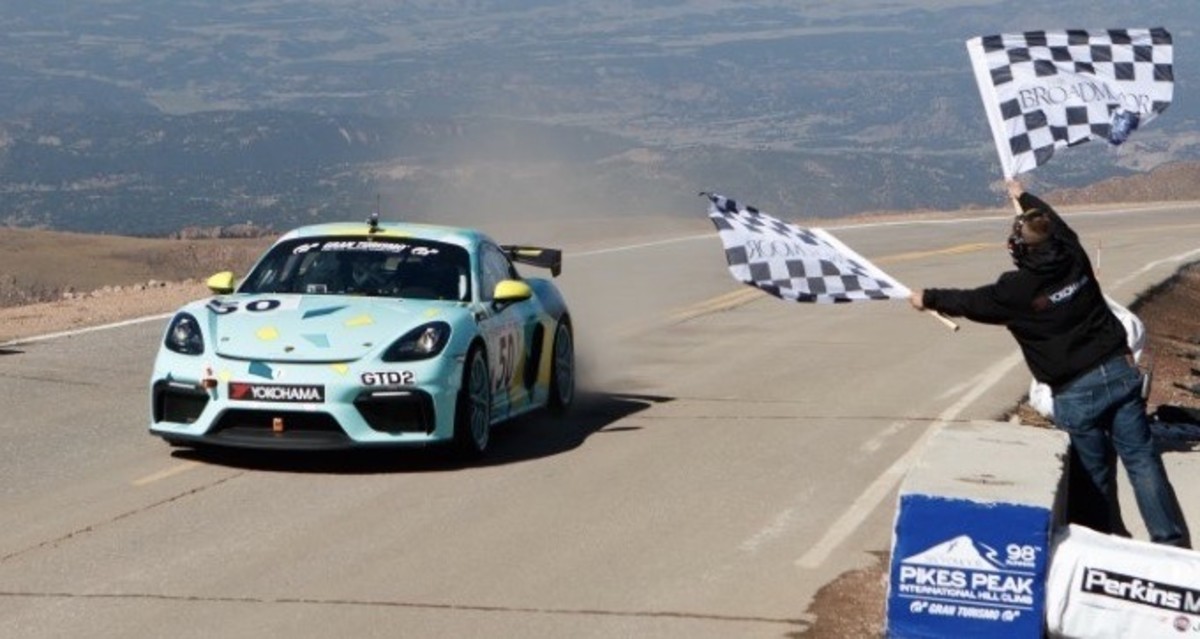
Porsche may add ICE power to its EV platforms
Now that internal combustion is back for the foreseeable future, Porsche may actually redesign its currently EV-only platforms to accept ICE and hybrid drivetrains if sales of the EV versions do not meet expectations. Meanwhile, current ICE vehicles such as the gas-powered Macan (and very possibly the current Boxster and Cayman) will continue to be sold in markets where they are preferred, including the U.S.
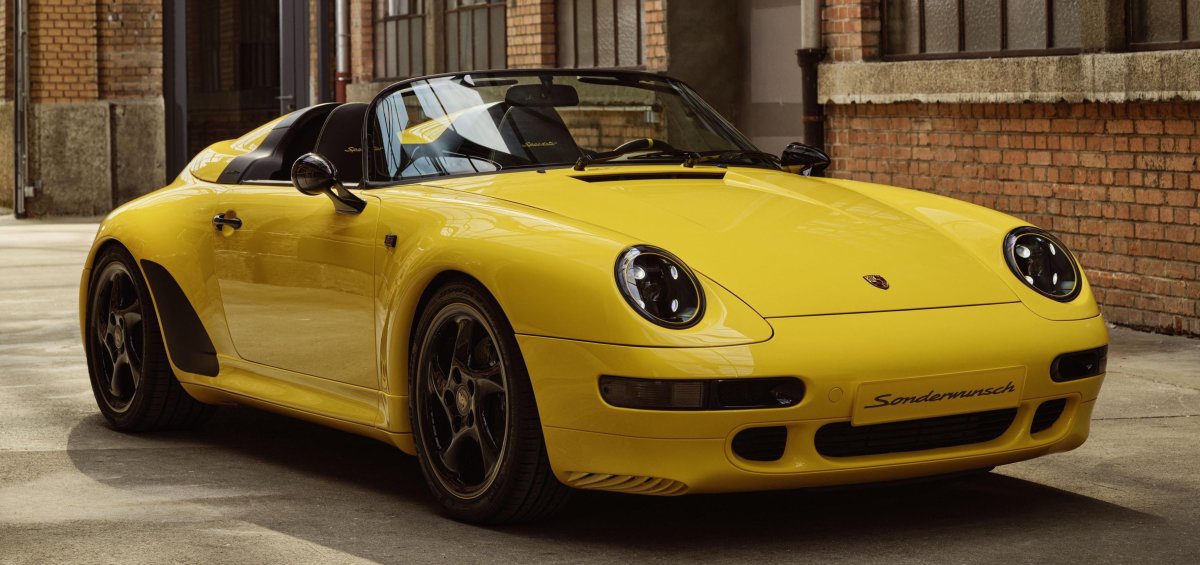
Final thoughts
Porsche’s dreams of full electrification across every product line are not working out as the company had planned. As with many manufacturers and their proposed EV-heavy lineups, the only voice that matters is that of the customer. If the customers want ICE vehicles or hybrids, then that is what Stuttgart will provide.
Autoblog News

